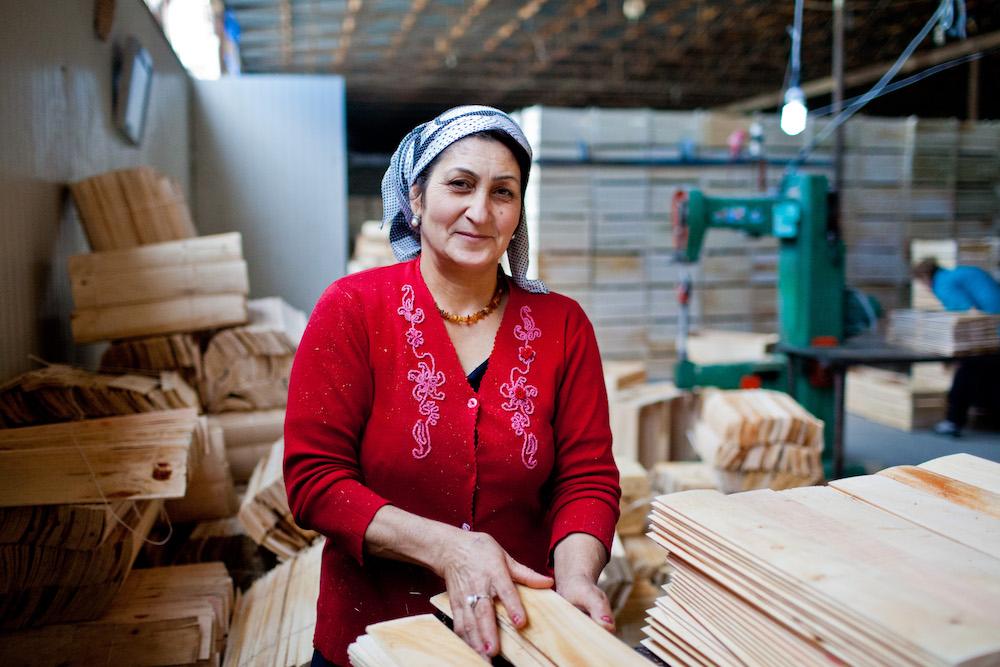Stakeholder Engagement and Collaboration: Distracting Buzzwords, or the Secret Ingredients for Inclusive Business Success?
By Nazila Vali, Deputy Team Lead, and Rabayl Mirza, Impact Lead at the Business Call to Action

The words “collaboration” and “stakeholder engagement” get tossed around a lot these days – especially when it comes to the 2030 Agenda and our ambitious Sustainable Development Goals.
But what exactly do they mean and how should we go about it?
Loosely defined, collaboration is the process of working with others to achieve a common goal while stakeholder engagement is how an organization involves people who may be affected by the decisions it makes or can influence how the decisions are carried out.
At Business Call to Action, we’ve been studying the kind of management practices that are needed for inclusive businesses to improve and grow. One of the main findings of this research is that stakeholder engagement and collaboration are vital practices for inclusive business success. Companies who identify their key internal and external stakeholders and collaborate closely with them can increase impact, gain competitive advantage and maximize the overall value created by the company.
We also found that inclusive businesses that consider broader interests and perspectives are better positioned to innovate, drive sustainable behaviour in harmony with stakeholders’ well-being and compete in the long-run. This, however, requires the connecting on a personal level with the Base of the Economic Pyramid individuals, local communities and governments, employees across relevant units, suppliers and potential partners where the inclusive business operates.
Companies like L’OCCITANE seek to actively engage its stakeholders along its entire value chain to encourage them to commit to the principles of the company, for example. Valuing the communities where they source their shea butter is at the core of their business model.
While stakeholder engagement has existed for a long time, the uptake of approaches such as human-centred design (HCD), which places stakeholders at the centre of the design, innovation and implementation process – as well as revamped attention to behavioural economics, which helps understand how and why people make the choices they do – has brought about increased adoption of the practice of engaging stakeholders throughout the inclusive business journey. It has evolved from a reactive and risk mitigation lens to a proactive engagement informing the strategy of the inclusive business.
East-West Seed is another example of a company that has successfully put stakeholder engagement and collaboration at the core of its business. It is the only global company in the seed industry with both a smallholder-centric business model - whereby its entire corporate strategy is geared toward this client group - and headquarters in Thailand. Smallholder farmers make up 98 percent of the company’s clients and 19 million smallholders have reportedly been reached through sales.
Working with partners who have knowledge of Base of the Economic Pyramid consumers, non-traditional business partners and communities is essential. Cooperation with partners also helps bring down the last mile delivery costs, which usually determines whether an inclusive business model is going to be sustainable or not.
Take a look at the recent partnership between BCtA member Essilor and Chinese commerce giant AliBaba. Together they’re providing access to eye care for thousands of rural low-income earners across China who would never have been able to access it before, through AliBaba’s Rural Taobao outlets. Community members can get their eyes tested by optometrists who will travel to them in mobile vans. Once residents have the prescription they need, they can buy their spectacles online via the rural Taobao shops.
In Africa, another BCtA member, Mastercard, is connecting millions of small-scale farmers with potential buyers and enabling them to improve their financial security by building digital transaction records through its partnership with the International Center for Tropical Agriculture and the United States African Development Foundation.
For Mastercard, whose inclusive business focuses on increasing access to financial services, partnerships with both public and private sector actors have enabled the company to deploy more innovative and profitable initiatives and advance their efforts to engage Base of the Economic Pyramid populations much more extensively than they could have done alone.
Done well, collaboration and stakeholder engagement can allow companies to expand their inclusive business initiatives. It can lead to greater innovation, more team buy-in and the breakdown of barriers inside and outside the workplace. When done badly it is a distraction, squandering valuable time, manpower and money. It is easy to get caught up with the momentum of buzzwords, but you have to pin down their useful purpose.
Read Business Call to Action latest report to learn more about inclusive business management practices and assess your practices with the associated online tool.
